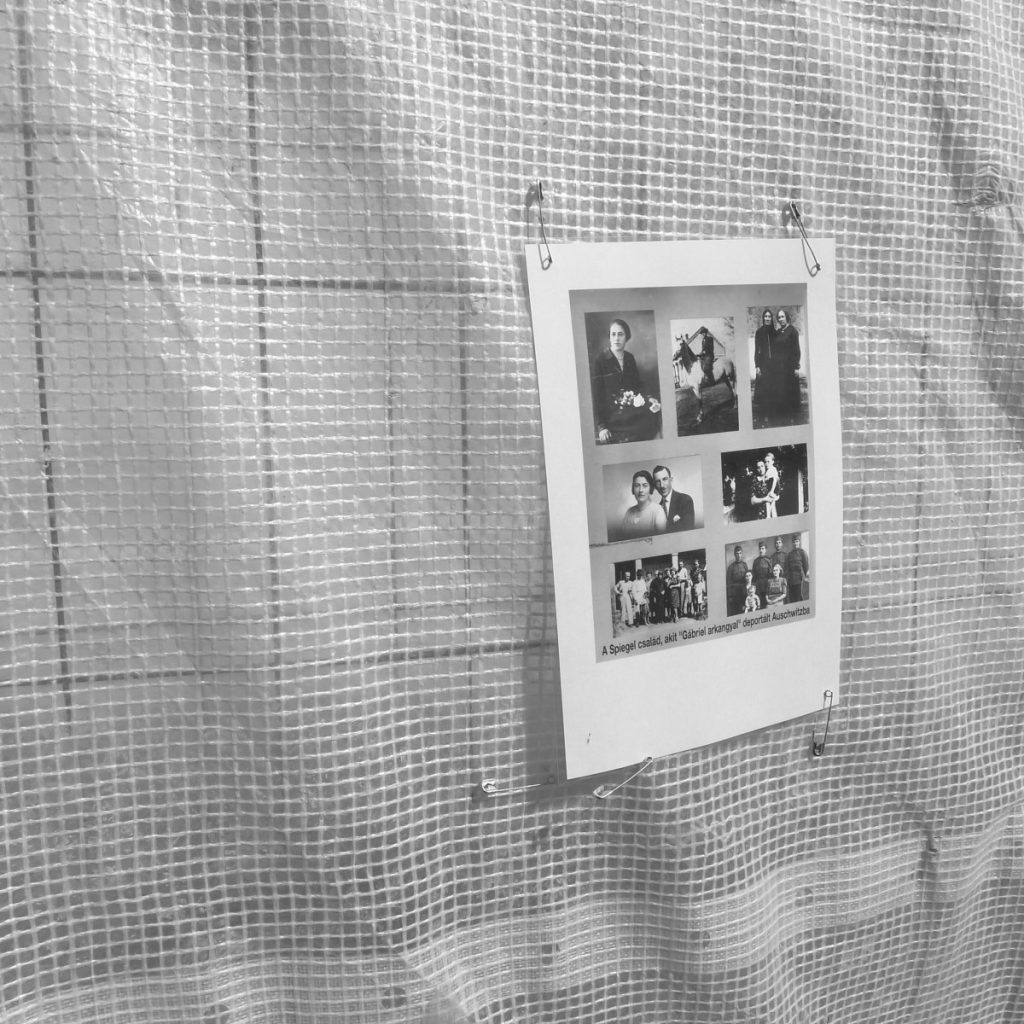
Budapest Living Memorial to victims of the Holocaust. Photo by Ellen Hinsey.
“What is happening now has long since been anticipated by poetry. Poetry is the sensory organ of the future.”
Hungarian poet and writer Gábor Schein examines the war in Ukraine, the concept of citizenship in the wake of corruption and collapse, and poetry as prediction in his essay “My Gate.” Translated from the Hungarian by Ottilie Mulzet.
This is the first in our “Literature and Democracy” series. This quarterly column, curated by NER international correspondent Ellen Hinsey, presents writers’ responses to the threats to democracy around the world, beginning with a focus on Eastern Europe.